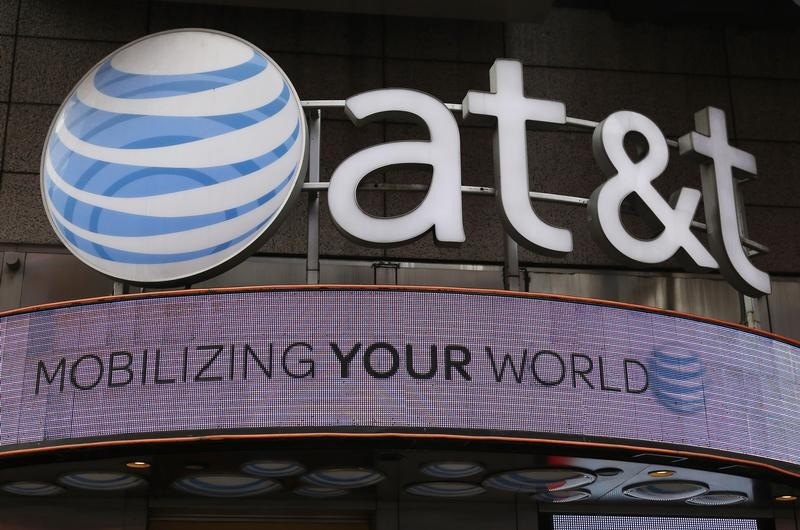This post was originally published on this site
https://i-invdn-com.investing.com/trkd-images/LYNXMPEJ1K0R2_L.jpg
NEW YORK (Reuters) – AT&T Inc (NYSE:T), the second-biggest U.S. wireless carrier, is exploring a sale of its cybersecurity division, potentially undoing an acquisition it completed five years ago, according to people familiar with the matter.
The sale of the cybersecurity business would add to a string of divestments AT&T has turned to in order to pay down debt following its $108.7 billion acquisition of Time Warner Inc (NYSE:TWX) in 2018, a deal it has since also unwound.
In the last two years, AT&T sold a 30% stake in its pay TV unit DirecTV to private equity firm TPG for $1.8 billion, and received $40.4 billion in cash by spinning off and merging its Warner Media business with Discovery Communications (NASDAQ:WBD) to form Warner Bros Discovery Inc.
AT&T has been working with Barclays (LON:BARC) Plc to solicit potential bids for its cybersecurity business, which was called Alienvault when it was acquired in 2018 in a roughly $600 million deal, the sources said. It is not clear how much the business could fetch now.
The sources cautioned that no deal is certain and requested anonymity because the matter is confidential. AT&T and Barclays declined to comment.
AT&T’s cybersecurity division helps small-to-medium-sized businesses keep their information technology networks, including laptops, desktops, servers and mobile devices, secure.
The acquisition of Alienvault was aimed at giving AT&T an edge in signing up and retaining corporate clients, but the deal’s rationale has eroded as cybersecurity startups that offer cheap alternatives mushroomed.
AT&T reduced its net debt by about $24 billion in 2022 and is seeking to reduce it further to about $100 billion by 2025 from $132.2 billion at the end of December.
Credit ratings agency Moody’s (NYSE:MCO) Investors Service Inc said in a note on Tuesday that paying down debt was central to AT&T’s ability to invest in fiber and 5G wireless technology while continuing to afford paying out a dividend.

